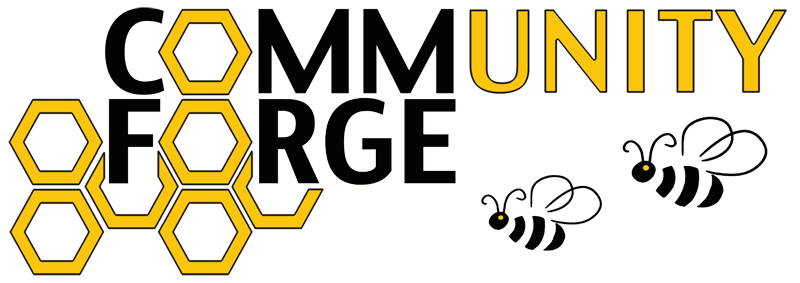You are here
The Revival of Commons in the 21st Century
An old concept
This concept of Commons has existed in all civilisations since time immemorial. Commons are resources which nobody in particular owns - or belong to everybody - and which can provide benefit to anyone. These Commons can be natural like the air that we breathe, biodiversity or the ocean. They can be material assets like roads or irrigation networks or they can be intangible like traditions or languages.
Since the development of private property and economic liberalism, commons have been a matter of struggle between advocates of universal commons and those who wish to take them over/make them their own. According to cultures and political systems, Commons have been ignored, wasted or sustainably managed.
The issue of commons had been largely ignored by economists and western politicians until Elinor Ostrom’s extensive research, which were finally rewarded by the Nobel prize in economics in 2009.
Intangible commons
The expansion of commons has gone hand in hand with the development of the internet and its numerous networks. The dynamic development of the internet has opened up a wealth of non-physical commons as opposed to physical commons. These non-physical communs meet the environmental and social needs of redistributing resources and knowledge. The spread of open data with free access to knowledge is now a deep-rooted trend. The Internet has quickly become the strongest and most extensive commons. There are thousands of open databases such as Wikipedia, the famous collaborative encyclopaedia or Flickr, the world’s most popular online photo sharing site.
General interest associations
A new notion has emerged that refers to joint resources managed by a group of people. These associations share the same characteristics as commons because they serve public interest and are non-profit organizations. Their activities are increasing thanks to their flexibility and capacity to integrate innovative and isolated initiatives, like collaborative gardens, tool libraries or local currencies. This collaborative movement has been developed along similar principles as the commons, involving communities of shared interests. The pursuit of self-interest is being replaced by a wider community interest. One example of such an NGO or association would be Kokopelli, a French association which opposes the stronghold of the seed industries who want to patent their seeds. Since 1999, this non-profit organisation has dedicated to defending plant biodiversity, producing reproducible organic seeds and supporting farming communities by delivering seeds to them.
Life after Covid 19
The Covid 19 crisis shattered routines, the pandemics and lockdown hopefully shocked some decision-makers into a desire to change and put back commons into the heart of society. The pandemics, together with the ecological and economical crisis may consequently encourage new government methods. A few signs show a possible change of direction.
At the beginning of April 2020, at the instigation of deputy Mayor Marieke van Doorninck, the municipality of Amsterdam developed a recovery programme which will make citizens’ primary needs a priority while respecting the planet. Most of these basic needs are commons that must be available to all, such as water, unpolluted air or biodiversity. Amsterdam plans to follow the economic model as advocated by Kate Raworth* which favours access to commons, food, health, education, housing, equity, etc for all Amsterdamers without ever exceeding the ecosystems limits.
In this background, where the health crisis shakes our usual behaviour, where the economic crisis questions the money issue, where the environment crisis calls for a new modus operandi for natural resources, some more thinking about commons is now inescapable. This process is probably only in its infancy but it may hopefully start the path to a more viable world.
Text written by Pascale Dey, SEL Fleur de Seine, France
*in Doughnut economics, https://www.kateraworth.com/doughnut/
Do you have any other suggestions or experiences to share? We suggest you share them with us via [email protected] and we will pass them on as far as we can.
